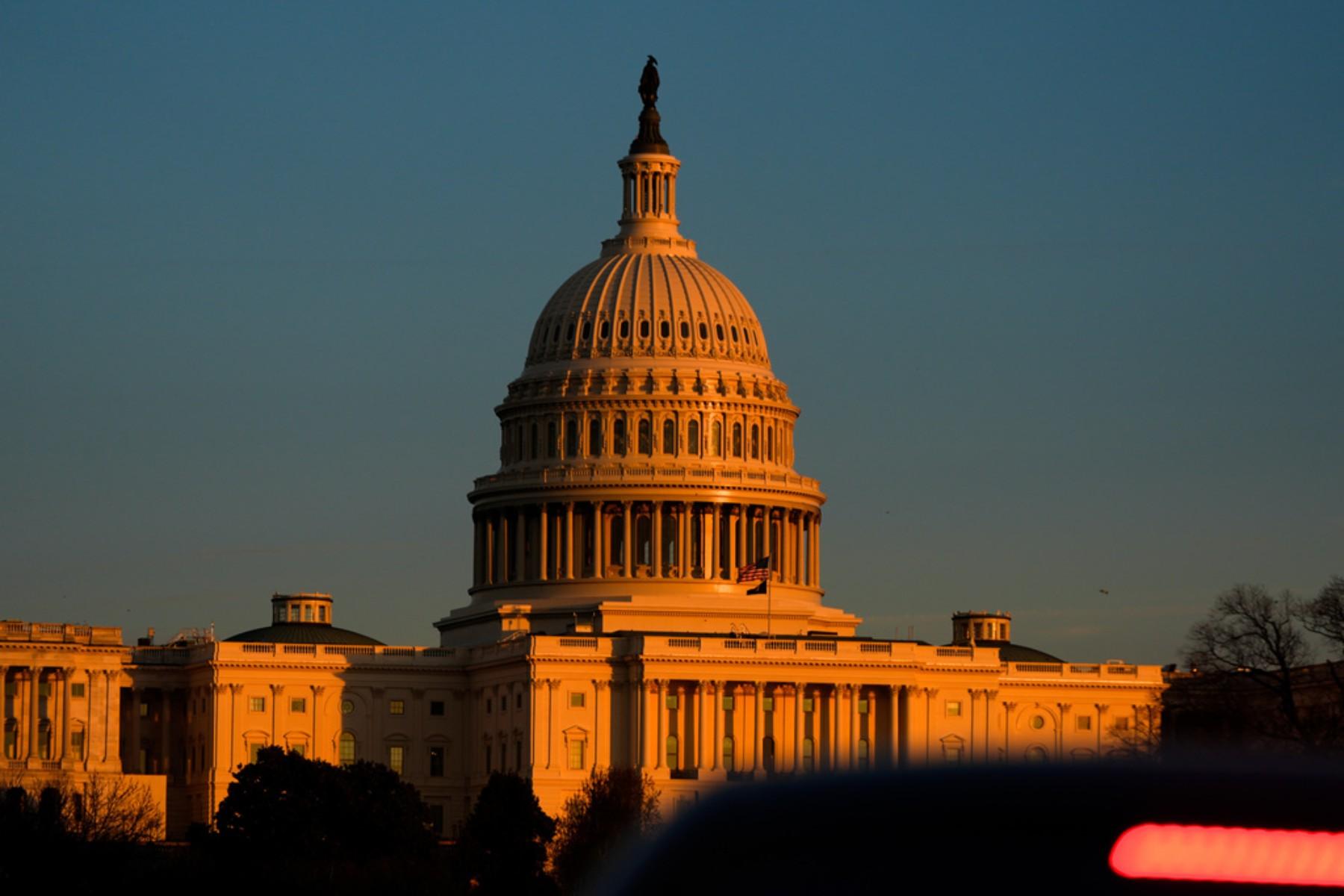
Colorado's attorney general is warning a Dec. 18 ruling in Louisiana could eventually undermine insurance coverage for Colorado families.
Conversely, a Republican congressman from the Western Slope thinks the same ruling could be a boon for rural residents.
Reactions to the federal appeals court decision tossing out the "individual mandate," the requirement to buy insurance, and threatening the future of the Affordable Care Act, varied depending on one's politics or circumstances.
Attorney General Phil Weiser, a Democrat, is one of 20 state attorneys general to fight the suit, which was brought on by Republicans to undo the ACA. He credits the law with protecting Coloradans with pre-existing conditions.
"The good news is we still have these core protections in effect,” he said. “We will still fight to defend them and protect healthcare for Coloradans who depend on the protections of this law."
Rep. Scott Tipton of Colorado's 3rd District, a Republican, welcomed the decision, saying the ACA drove up health costs and reduced options for millions of Americans.
Many families living in rural areas of Tipton's district only have one health insurance option to select from “as insurance markets have dried up” since the ACA became law, he said.
“I have long called for the repeal of the individual mandate as it was one of the most problematic provisions of the health care law,” Tipton said.
Tipton sees the ruling as an opportunity for a new health care law.
"Congress can now get back to the drawing board and craft legislation that focuses on patient-centered health care options that better suit individual needs and lower costs," Tipton said.
He said he backed a Republican proposal in Congress called the American Health Care Act, which passed the U.S. House but not the Senate. Tipton also supports the Colorado state waiver required to establish the reinsurance program. And he also backs giving associations and small businesses “the opportunity to band together to establish health plans in a cooperative” to provide consumers with more health care options. Most of these ideas, or variations of them, were included in the AHCA, he said.
ACA backers say the ruling could put other parts of the law at risk, and if the decision is ultimately upheld, it could upend many other provisions in the ACA, also known as Obamacare.
Laura Packard of Denver said she got a stage 4 Hodgkin's lymphoma diagnosis in 2017. It's now in remission, but Packard worries about the future of her coverage if the ACA is further weakened.
"Now I have a pre-existing condition for the rest of my life. What insurance company would choose to cover me unless they had to?” Packard asked on a call with Weiser and other supporters of the ACA. “If my cancer comes back and I can't afford to fight, I will die.”
Colorado’s insurance commissioner reminded consumers the ACA remains the law of the land.
“Because the appellate court did not strike down the ACA, everything today is the same as it was yesterday, and it will be the same tomorrow,” said Michael Conway in a statement. “It will be a long time before any final decisions are made on this case.”
Conway said the state’s exchange, Connect for Health Colorado, was still enrolling people for 2020 coverage.
David Keller, a pediatrician in Aurora, said a major problem in his practice is the parents of the children he sees accessing healthcare.
“They had a lot more difficulty before the ACA than they do now. We know as pediatricians that to keep kids covered, we need to keep families covered,” Keller said.
Keller also called the ruling “troubling.” He recalled a story similar to Packard’s, one involving a relative who got a stage 4 cancer diagnosis. She was treated and survived.
“She would have been dead by now if it wasn't for the ACA and the ability to get treatment,” Keller said.
He said the ultimate outcome of the ACA legal case “affects real people in real ways and to lose the protections of the ACA would be a calamity for us all.”









